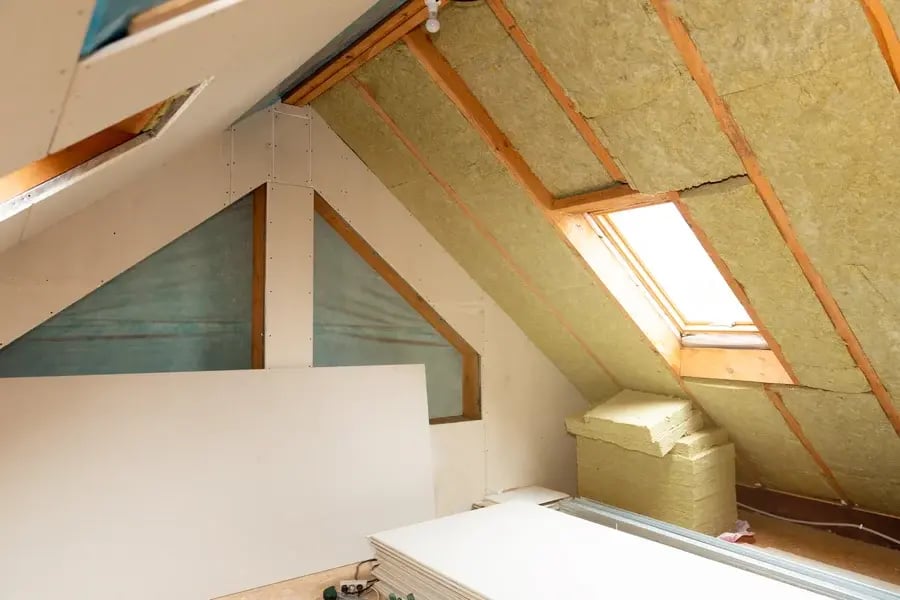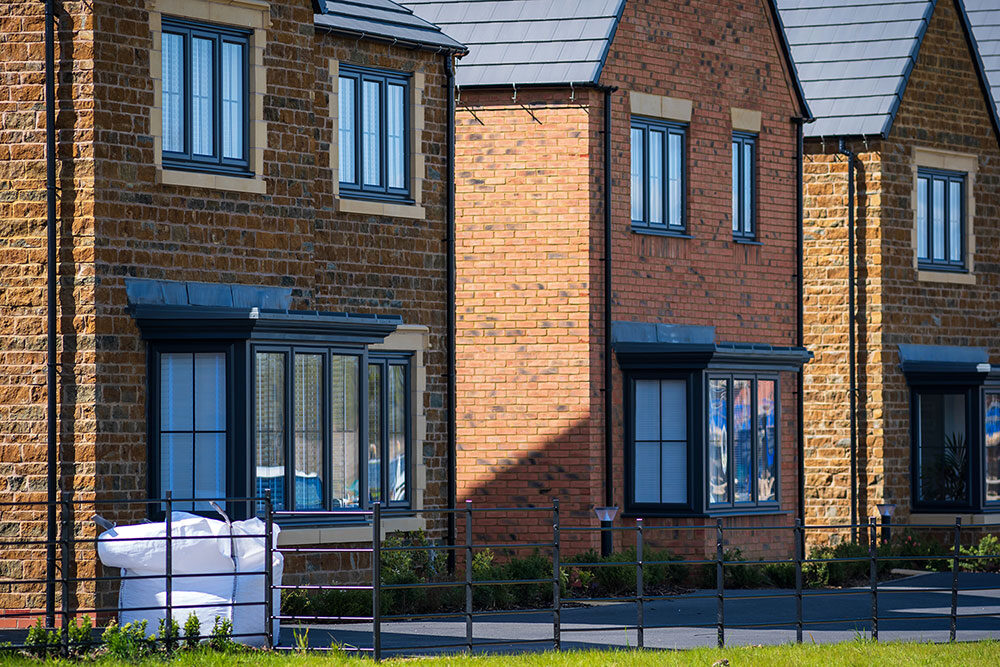Using Specialist Finance to fund EPC improvements
Under proposed regulation changes announced by the government, all new tenancies will be required to have an EPC rating of ‘C’ or above from 2025 with existing tenancies being subject to the same regulations from 2028.

Currently, new and existing tenancies are required to have an EPC rating of ‘E’; however, this is being revised as part of the government’s strategy to decarbonize and reduce emissions.
It has been estimated that there are around 3.2 million privately rented properties in England and Wales that have an EPC rating of ‘D’ or lower. Bringing this amount of properties up to the required standards before the 2025 and 2028 deadlines presents a host of challenges for landlords, the most pressing being ‘how will landlords finance the cost of the improvements?’
A recent report from Habito estimated that the average cost of updating an EPC ‘D’ rated property to a ‘C’ rating is £6,155. This will fluctuate depending on the type of property with Habito’s analysis finding that it will cost roughly £3,653 to upgrade a one-bedroom flat, however for a larger detached property the cost of improvements is likely to be closer to £12,540.

While the improvements of rental properties and the subsequent benefits to the environment are to be applauded, there are concerns about the costs of the required works, particularly for landlords with large portfolios, and the impact on the buy-to-let market.
One such worry is that some landlords will choose to sell off their properties rather than finance the upgrades – impacting the number of available quality rental stock. A recent survey found that as many as 52% of landlords that own a property with an EPC rating of ‘D’ or lower have considered selling their property.
There is a huge opportunity for brokers to help guide their buy-to-let clients through this and discuss the available financial options.
Second Charge Mortgages
One option for landlords to consider is second charge mortgages. One of the most common reasons for taking out a second charge is to raise funds to refurbish an existing property to increase either rental yields or the value of the property. Increasingly we are seeing landlords using these funds to make energy efficient upgrades to their properties, including loft and cavity wall insulation, new double or triple glazing and installing condensing boilers.
Using a buy-to-let second charge offers landlords flexibility with interest-only options and large loan sizes, with some lenders offering up to £500,000. At West One we assess affordability on rental incomes, taking the landlord’s tax banding. By not credit scoring landlords, those with less than perfect credit scores can be considered.
Second charges can often be one of the most cost-effective ways for landlords to quickly access the equity in their properties and should be an avenue that brokers are discussing with their clients.



